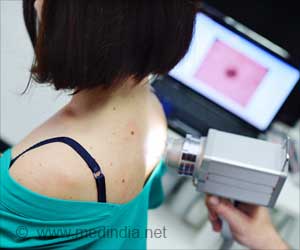Using data from the Rochester Epidemiology Project, researchers developed the Olmsted County Healthy Skin Study. This study examined the role of tanning bed use in people who knew about the risk of skin cancer.
The study findings are most people in the study were female and had a previous history of tanning bed use. People with a previous history of tanning bed use viewed their skin cancer risk to be higher than peers who did not use a tanning bed.
People in this study had an appropriate knowledge base of their skin cancer risk.
These findings demonstrate that individuals who were at higher risk for skin cancer not only had an accurate self-assessment of their risk but were also unlikely to use a tanning bed within the next year.
“Melanoma is on the rise. We also know that tanning beds play a significant factor in melanoma development. In this study, it was nice to see that having an accurate perception of skin cancer and a perceived high risk of skin cancer development was associated with a less chance of tanning bed use within the next year,” says Dr. Brewer.
While more research is needed, study findings indicate that an understanding of potential cancer risk is associated with behavior modification when it comes to tanning bed use.
More studies would help clarify some of the questions regarding skin cancer risk, perceived risk, and what accurately predicts behavior modification about skin cancer development.
Source: Medindia



